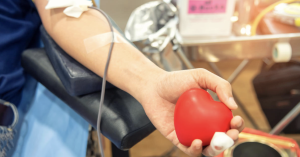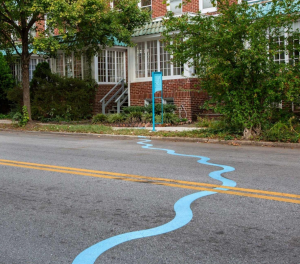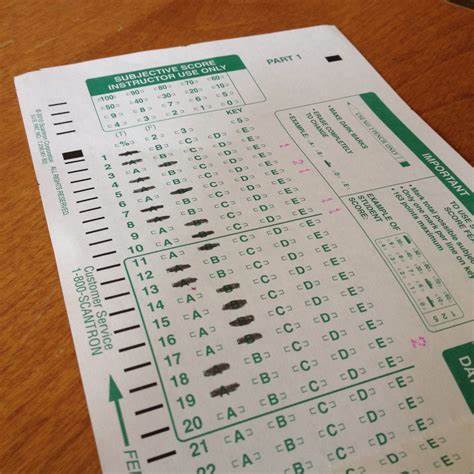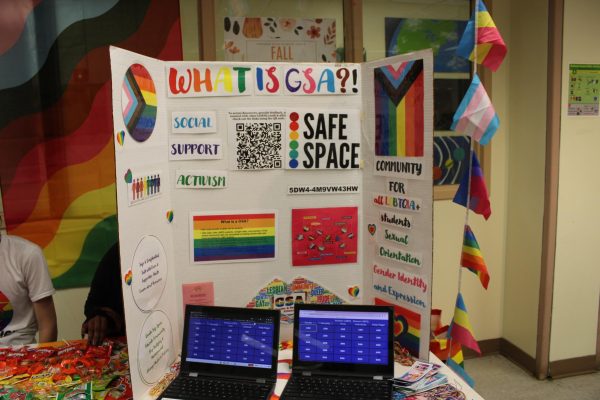Cheating: Old or New News?
Once upon a time, being an honorable person included the notion that your words were yours, and the answers you chose on a test were yours, but today that is no 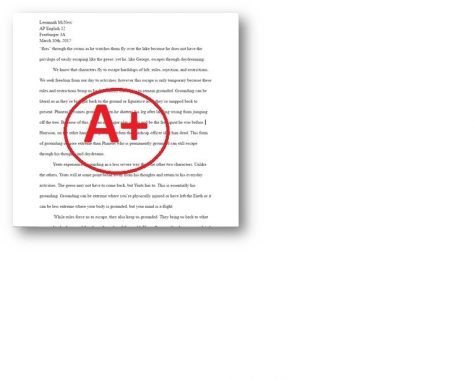 longer the story. Cheating has become more prevalent as
longer the story. Cheating has become more prevalent as
the realm of technology has grown, making it easier for students to look up answers to tests.
Any AP exam that has been released can be found online with the answers, making it easy for students to look up answers to any AP test or quiz.
Ever since Baltimore County changed their grading policy, cheating has become more prevalent in the classrooms, so that students can receive the same grades before they changed the policy.
Part of the new policy includes making tests and projects a major part of your grade while the majority of homework is not counted.
Unfortunately, this causes A and B students to have to work harder for their good grades. It also causes students who don’t test as well as other students to not do as well since tests are the main grade that goes into the gradebook. No wonder so many people are cheating.
Colleges have honor codes that require their students to abide by when turning in papers or taking tests. These honor codes state that your work is yours and if you were to cheat, you would receive academic probation.
The new grading system in Baltimore County isn’t the only thing that’s encouraging cheating. The United States wants to produce competitive, worldly individuals; therefore by raising our expectations of success, we encourage students to go out of their way to succeed even if that means cheating or plagiarizing.
How can we teach kids that cheating is wrong if we create environments that encourage students to cheat so they can succeed? It seems that students don’t understand the consequences of cheating in college if they’re developing these habits in high school. If Baltimore County wants their students to achieve and take pride in their work, then we need to create environments where it shouldn’t be so easy to cheat.








